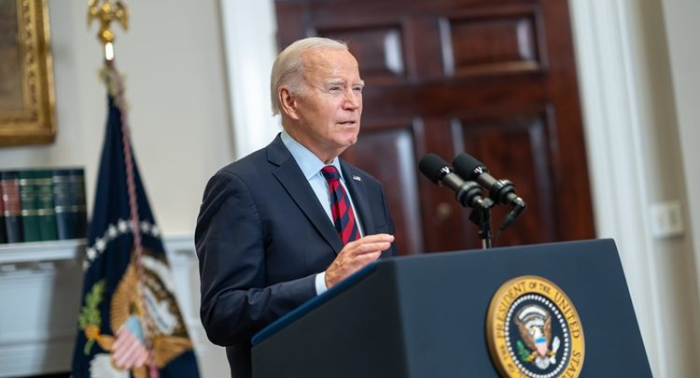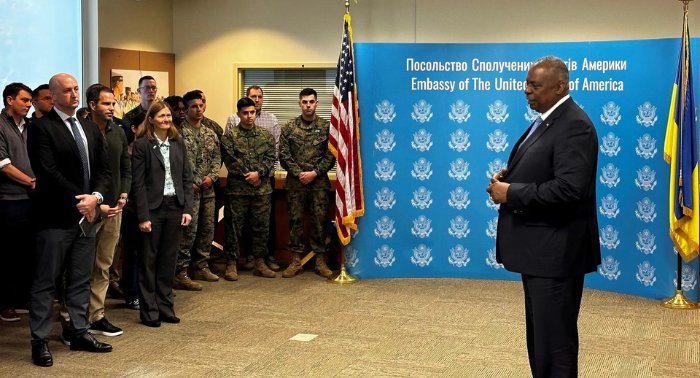In a bid to curb the escalating conflict, U.S. President Joe Biden has advocated for a temporary halt to Israel’s aggressive campaign against Hamas.
The military actions of the Israel Defense Forces (IDF) have been significant, effectively bisecting the Gaza Strip and establishing a strong presence from the border to the coastline. While the global consensus might lean towards pressuring Israel to intensify its actions against Hamas until its capabilities are completely neutralized, Biden has instead subtly suggested a brief cessation of hostilities.
Biden’s proposition goes beyond a mere momentary respite, advocating for a more extended break.
Such a pause, even if intended to facilitate humanitarian relief to the ordinary people of Gaza, raises questions. It draws comparisons to historical contexts where aid was not provided to civilian populations in conflict zones until total surrender, as seen in Nazi Germany during World War II. The implication here is whether Israel is obligated to extend similar humanitarian gestures to the inhabitants of Gaza under current circumstances.
More critically, Biden’s recommendation for a three-day hiatus seems to offer Hamas a significant opportunity to regroup. This suggestion comes amid reports of negotiations involving the U.S., Israel, and Qatar, where Hamas would release a number of hostages in exchange for this pause. This proposed period would allow for the identification and listing of hostages held by Hamas, as reported by Axios.
This development is particularly striking considering the scale of the hostage situation, which includes numerous individuals and at least ten Americans. The logical necessity of a three-day period for Hamas to compile a list of hostages is questionable, suggesting simpler, quicker methods could be employed to achieve this.
Offering unsolicited advice, one might suggest the acquisition of basic office supplies in Gaza to facilitate this process efficiently, ensuring the names and details of hostages can be rapidly communicated to relevant authorities and media outlets.
Israel, therefore, faces a decision on whether to utilize this proposed pause for continued strategic action against Hamas or comply with the suggested temporary cessation.
Biden’s stance in this scenario can be interpreted in various ways. His belief in engaging with authoritarian regimes in a more conciliatory manner has been a point of debate. This approach contrasts starkly with more aggressive diplomatic stances and is evident in his policies towards Iran, which have included significant financial engagements but have not evidently mitigated Tehran’s support of hostile actions in the region, including backing Hamas.
Biden’s approach, described as a balancing act between rejecting extreme calls for an immediate ceasefire and advocating for a short pause, appears contradictory. This is particularly evident given Hamas’ lack of interest in ceasing hostilities, as evidenced by statements from its leaders affirming their commitment to the destruction of Israel.
Hamas’ rhetoric, as reported by sources like the Middle East Media Research Institute and statements on media outlets like Lebanon’s LBC-TV, underscores its unwavering stance on Israel and its use of aggressive strategies, including employing human shields.
In conclusion, while Biden’s call for a pause might be seen as a diplomatic effort to de-escalate the situation, it also raises questions about its effectiveness and the potential it offers Hamas. This approach, contrasting sharply with Israel’s military strategy, continues to be a subject of significant debate and analysis.




